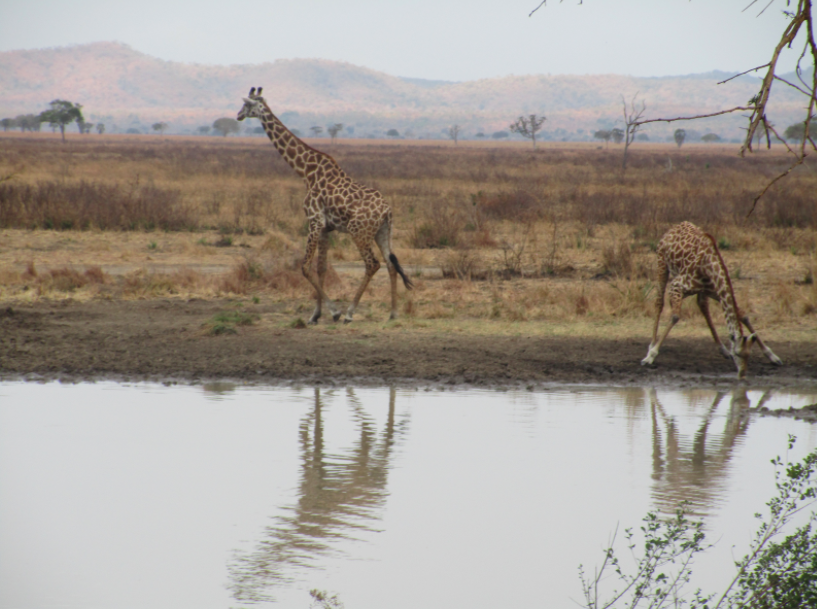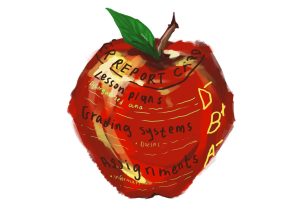Africa is not a country
Generalizing Africa is not okay.
Photo Courtesy of Yasmin Kudrati-Plummer
Africa is often generalized to be a continent of poor safari land with wild animals roaming about. But there is a greater diversity of nature ecosystems in Africa than most know, from deserts and mountains to forests and rainforests.
January 27, 2021
1.216 billion people. Over 1500 languages. 54 countries. 1 continent. This is Africa.
Africa is not a country. “African” is not a language. Living in Africa does not mean you are poor, starving, or diseased.
Much of the news about Africa in the US focuses on its epidemics, like AIDS or malaria, or its crises, like droughts or wars. We don’t often hear about the people in Africa living what we consider to be normal lives – studying, doing chores, and playing games – or the continent’s diverse, stunning settings and thriving cultures.
I lived in Tanzania for 9 years; that’s over half of my life. I grew up in Dar es Salaam, one of the biggest cities in Africa. While living there, I experienced a range of different parts of the country, from crowded urban apartment buildings to dispersed huts in remote rural areas.
I witnessed many people in Tanzania struggling with poverty, living in homes and attending schools, for example, that do not have running water or electricity. But I also witnessed how, despite sometimes trying circumstances, most people enjoyed one another’s company and shared much laughter together. Walking to school in the morning, I would pass women selling produce, joking as they bartered with customers over prices. I would wave to students going to school in jam-packed buses. In short, the same kind of greetings and everyday exchanges that might happen anywhere in the world, albeit in somewhat different conditions.
When I moved to the USA in sixth grade, I was often asked questions that didn’t make sense to me, like “Do you speak African,” “Did you ride a zebra to school,” or “Is everyone poor in Africa?”
I didn’t understand how people knew so little about Africa to not know it is home to a multitude of African languages, or that, yes, there are many people who struggle with poverty, but also that there are many who don’t. As for the zebra question, zebras can’t be domesticated, let alone rode–so no, there was next to no chance of someone riding a zebra to school.
Generalizing Africa is indeed a problem, but there are solutions. US schools can make a strong effort to give the same kind of coverage to African countries in its curriculum as it does to other countries, whether in history, the sciences, geography, or other subjects. We can actively educate ourselves, seeking out information on our own. In short, we can inform ourselves and others that Africa is not a country, but a continent of diverse peoples who are very different–but also very similar–to ourselves.






